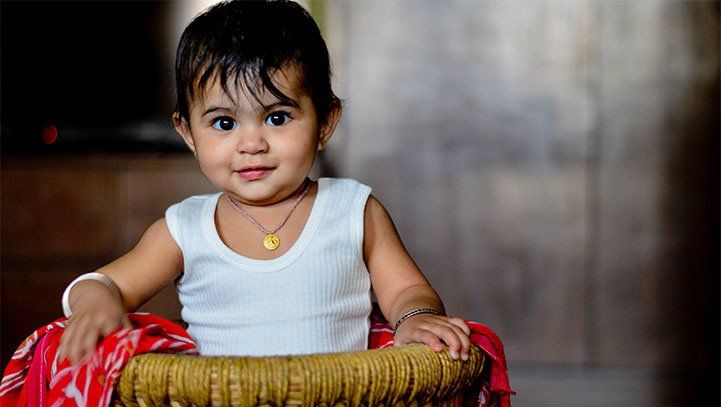
September 5, 2017
In July 2017, the California Supreme Court made a controversial ruling that the state has the right to take custody if a child faces extreme danger even if the parent makes an effort to protect them.
This ruling was based on a case when the state of California removed a 17-year-old girl from her mother’s custody instead of finding the teen delinquent. The teen ran away multiple times and had truancy issues at school. She also had a child at age 15 and then became pregnant again at age 17. Her mother looked for her each time she ran away, called police and child welfare for help but finally decided to send her daughter to live with grandparents.
Oddly, the circumstances for the teen did not change dramatically after the ruling. After a short stay in a shelter, she moved right back to her grandparent’s house.
Though child welfare officials were tasked with providing services to reunite the teen and her mother, the mother still argued that she provided the best possible care for her daughter, that she had a plan for future care and that taking her teen was unnecessary.
The ruling is problematic in both sides of the case. Parents face a stigma after a ruling rendering them unfit in neglect or abuse cases, including when homelessness or mental illnesses is a factor. However, though popular, labeling a child delinquent can have lasting negative effects as well. A child delinquency ruling can often punish children instead of treating them for mental illnesses that are not their fault.
The state is moving toward a long-term view, avoiding the automatic placement of children into the delinquency system pipeline. The state also has the option of taking control of wayward children under delinquency laws covering crimes and less serious behavior, such as missing school or disobedience to parents, without taking guardianship. However, the court almost always prefers a resolution that involves the least amount of intervention possible.
Family law, including cases of juvenile delinquency, often involves thorny issues that can determine a child’s future. Larry Bellomo will help you fight for the rights of your children.






